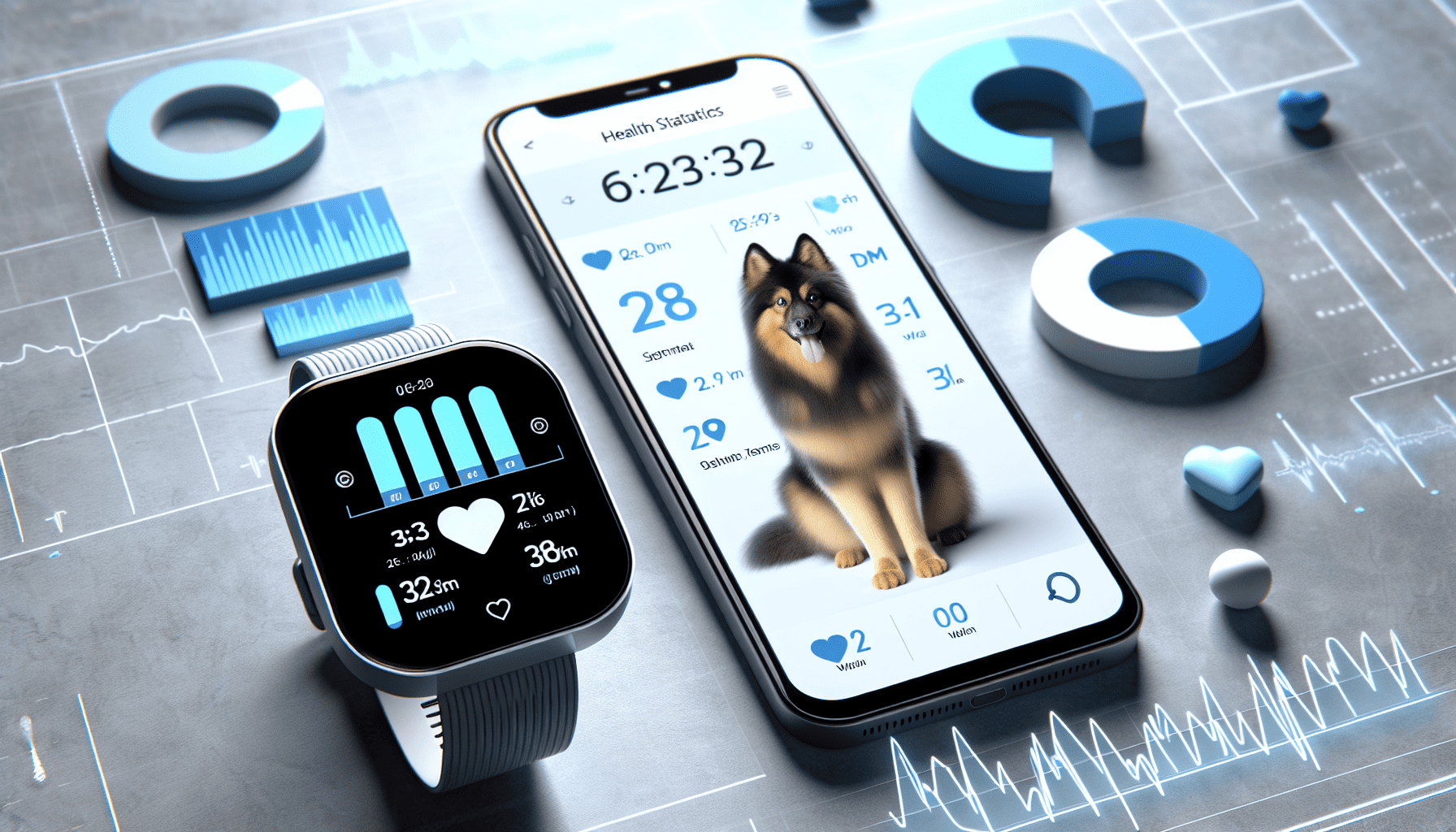As pet owners, keeping track of our furry friends' health is a vital part of ensuring they lead long, happy lives. Comprehensive health tracking for pets not only helps in monitoring their well-being but also aids in early detection of potential health issues. By diligently recording health milestones, pet owners can provide veterinarians with essential information, contributing to more accurate diagnoses and effective treatments.
1. Understanding Health Milestones
Health milestones vary depending on the type of pet and its specific needs. For dogs and cats, key milestones include vaccination schedules, weight checks, diet changes, exercise routines, and regular vet visits. More exotic pets might have different milestones, focusing on habitat conditions, specialized diet needs, and unique health concerns. Understanding and noting these milestones is the first step in comprehensive health tracking.
2. Utilizing Technology
In today's digital age, technology offers numerous tools for pet health tracking. Mobile apps and online platforms can help log health records, set reminders for vaccinations, and track changes in behavior or physical condition. Wearable devices also provide real-time monitoring of physical activity, sleep patterns, and vital signs. These technologies not only make data collection more efficient but also ensure that you have easy access to your pet's health history whenever needed.
3. Maintaining a Health Journal
Beyond digital tools, maintaining a personal health journal for your pet can be beneficial. This journal serves as a comprehensive log of medical history, observed behaviors, dietary preferences, and any anomalies noticed in your pet's day-to-day life. Documenting these aspects provides a complete picture of your pet’s health over time and can be a valuable resource during vet consultations.
4. Dietary and Exercise Monitoring
Diet and exercise are pivotal components of your pet’s health. Keeping track of what your pet eats, including any deviations from their regular diet, can help identify food allergies or sensitivities. Similarly, documenting exercise routines and activity levels aids in ensuring your pet maintains a healthy weight and receives adequate physical stimulation.
5. Regular Vet Visits
Regular veterinary check-ups are crucial in the health tracking journey. These visits not only offer professional assessments of your pet’s health but also provide opportunities to discuss any concerns noted in your health tracking efforts. Vets can offer insights into observed patterns and advise on necessary lifestyle adjustments or treatments.
6. Behavioral Observations
Behavioral changes are often the first indicators of underlying health issues. Recording any changes in your pet’s behavior, such as alterations in eating habits, mood swings, or unusual lethargy, can provide significant insights. Behavioral tracking can raise red flags earlier, allowing for prompt medical intervention if needed.
Conclusion
Comprehensive health tracking for pets is not merely an exercise in diligence but a fundamental aspect of responsible pet ownership. By systematically monitoring health milestones, using modern technology, and keeping detailed records, pet owners can proactively manage their pets’ health. This approach not only enhances the quality of life for pets but also strengthens the bond between pets and their owners, ensuring our beloved companions remain happy and healthy for years to come.
